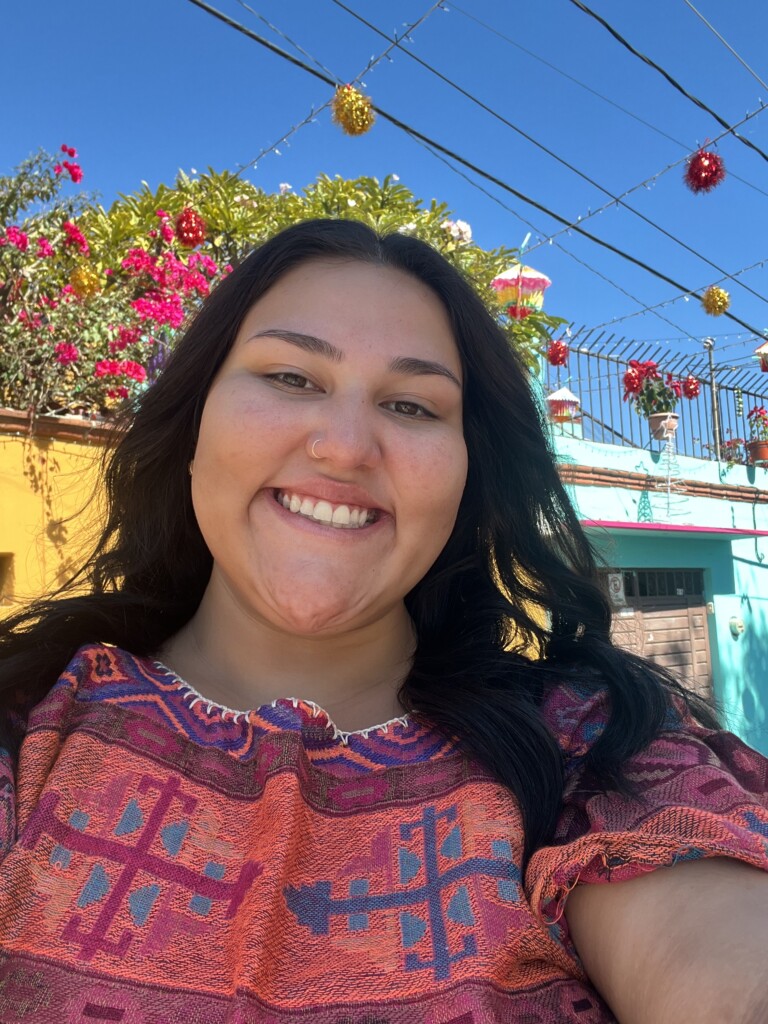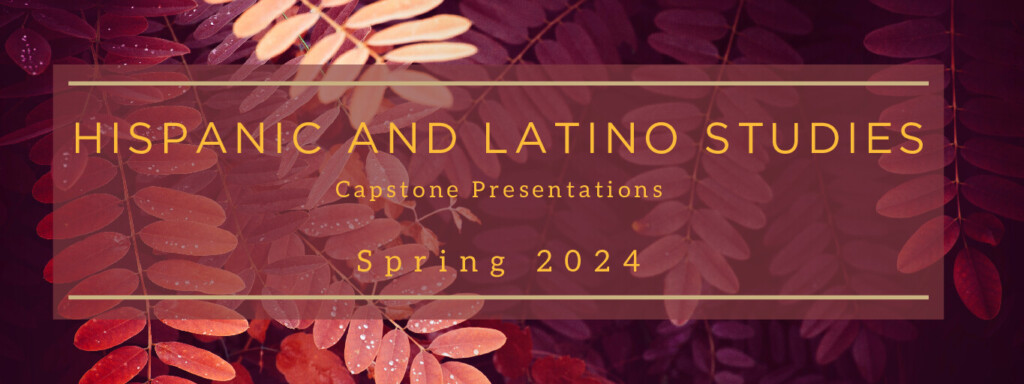
The Hispanic and Latino Studies Program is pleased to present the Spring 2024 Capstones.
May 20, 2024 – Anderson University Center, Room 133 – 3:00-7:00 pm
3:00-3:05 - Introductory Remarks - Dra. Emily F. Davidson
3:05-3:35 pm - Brandon Monson
Competencia sociocultural emergente en la clase de inmersión dual en la escuela primaria Harvard/
Emerging Sociocultural Competence in the Dual Language Immersion Classroom at Harvard Elementary School
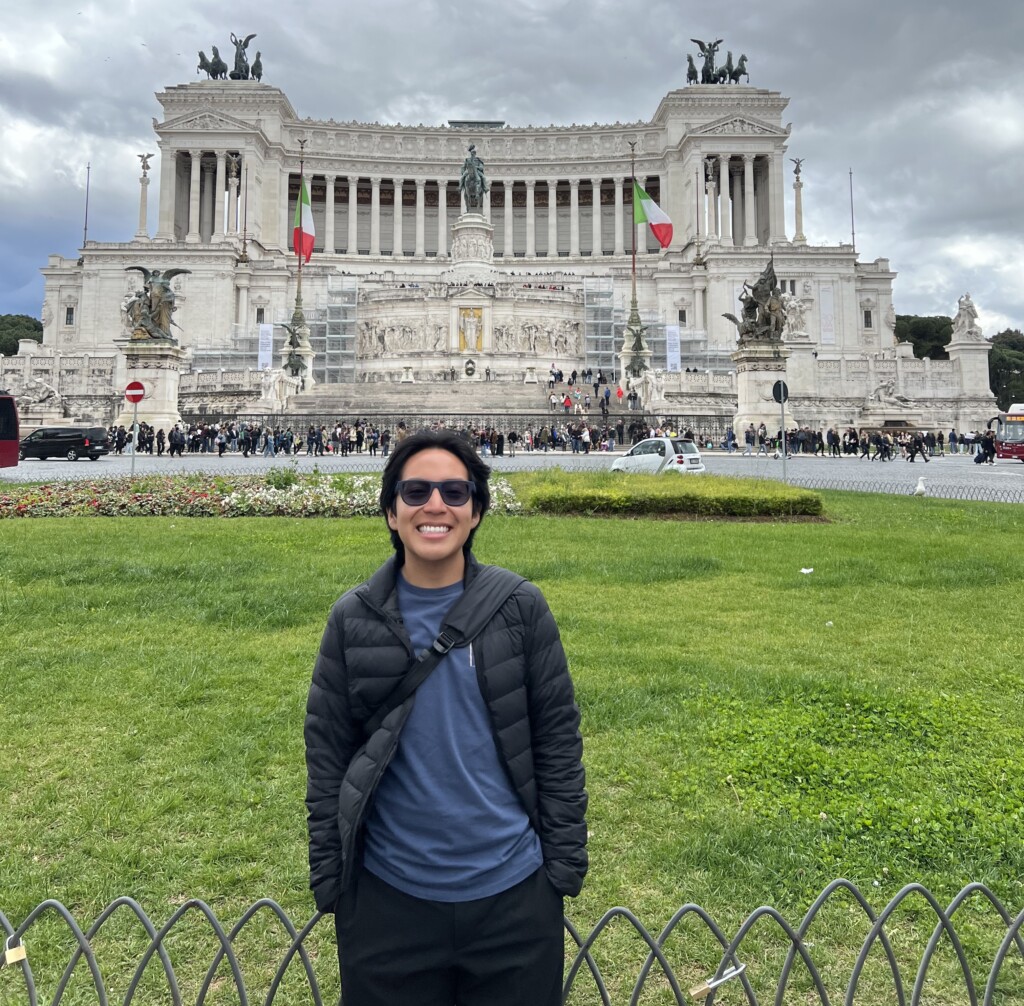
3:35-4:05 pm - Karla Barajas López
Empoderando a los jóvenes: Estrategias para la prevención de la violencia /
Empowering Youth: Youth Violence Prevention Strategies”
In this project, I will be examining the issue of youth violence and how it is connected to the mission of Consejo Counseling and Referral Service, a non-profit organization with a long history of serving the Latino community in Washington. I will highlight strategies for preventing youth violence, including Consejo’s youth violence prevention program, which provides support to at-risk youth. There will be a focus on the phenomenon of the “school-to-prison pipeline,” indicating how school disciplinary policies can contribute to this negative cycle. I propose that schools and society at large should review their disciplinary approaches to provide resources and support to youth instead of punishments that may exacerbate the problem. The importance of mentors, positive reinforcement, and the provision of resources to help youth make right decisions with the hope of them being successful. Finally, I will acknowledge the crucial role of organizations like Consejo Counseling in creating a supportive and understanding environment for youth seeking help, as evidenced by the murals adorning their offices.
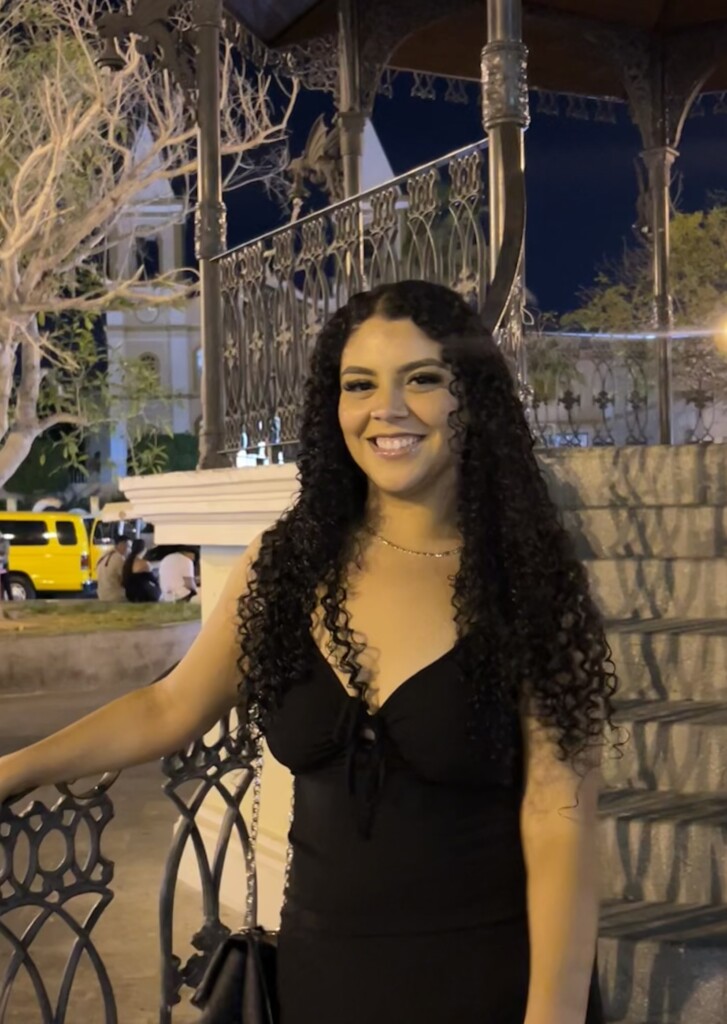
4:05-4:35 pm - Gavin Ripka
Un paso pa´lante, un paso pa´tras: Enfrentar las realidades de la educación de las artes para los estudiantes latinos/
One Step Forward, One Step Back: Facing the Realities of Arts Education for Latinx Students
In this capstone project, I compare various studies that deal with arts education in Latinx communities with my own observations from my internship with Tacoma Arts Live and their baile folklórico program at Roosevelt Elementary in Tacoma, Washington. The purpose of this analysis is to highlight the benefits of arts education, in particular, for children within schools that have a large Latinx student body. In my presentation, I focus in particular on the effectiveness of classroom symmetry, classroom community, and classroom culture. The combination of these approaches, according to my observations, have the most noticeable effect in counterbalancing the financial, social, and linguistic challenges faced by Latinx-serving arts organizations.
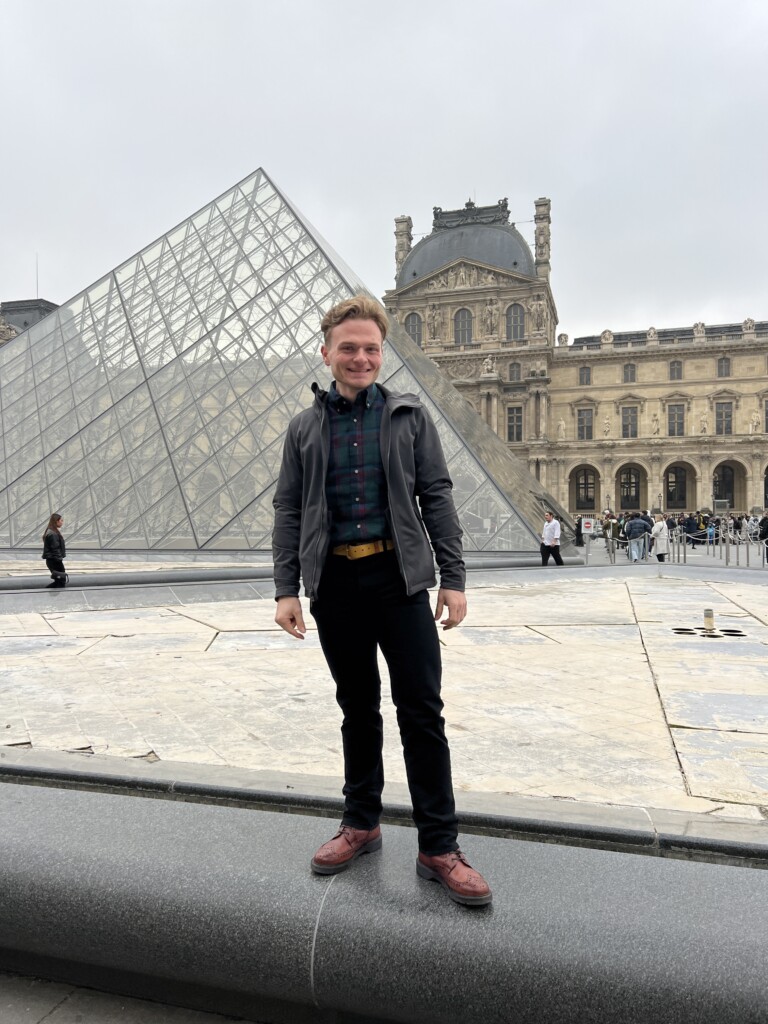
4:35-4:45 pm - Break
4:45-5:15 pm - Celeste Williams
Salud, migración y la narración digital: La migración a través de los relatos de primera mano y su poder curativo /
Health, Migration, and Digital Storytelling: Migration and the Healing Power of First Hand Accounts
The purpose of this project is to analyze the complex relationship between health and migration through the tool of digital storytelling. By uplifting migrants’ digital stories from Humanizando la Deportación it will expose the realities of migration and how it impacts the health and wellbeing of migrants. In order to thoroughly explore this topic I have applied the combination of three different theoretical frameworks: Migration Studies, Cultural Studies, and Health Studies. Using these lenses and evidence from my research, I explore how factors such as migration routes and violence can affect the health and wellbeing of migrants. Lastly, this project is meant to showcase the importance of migrants being able to tell their own stories, and how digital storytelling can be a healing tool for them.
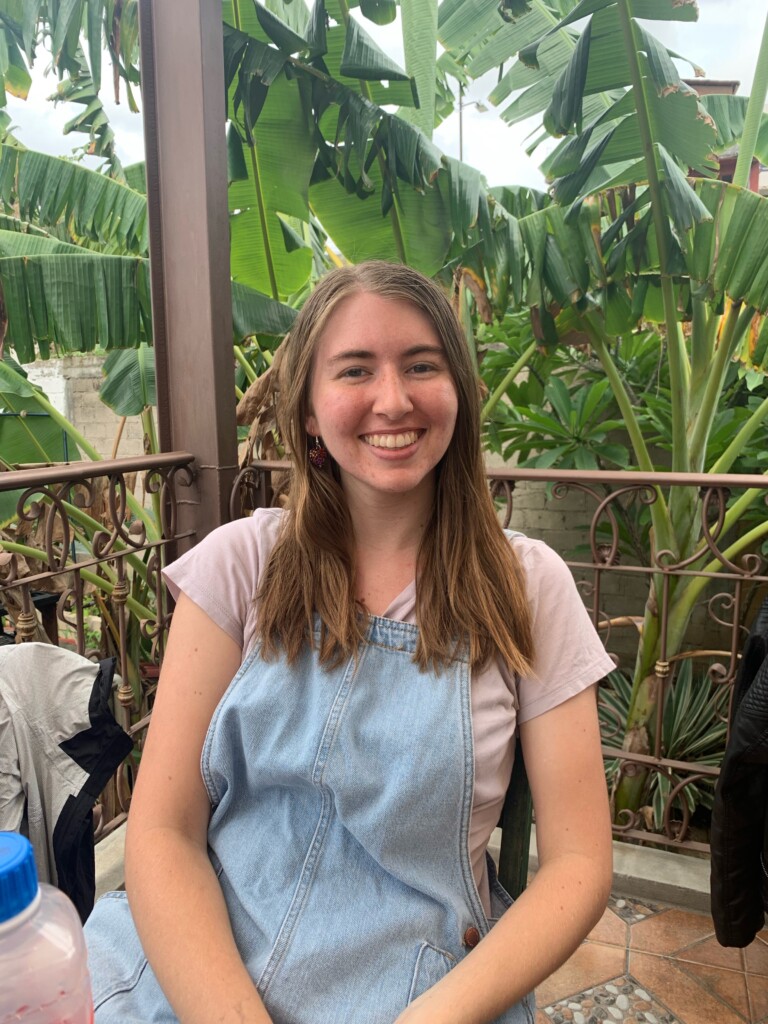
5:15-5:45 pm - Annika Deazley
Tú perteneces aquí”: La importancia de las comunidades de aprendizaje para les latines en CTIM/
“You Belong Here”: The Importance of Learning Communities for Latines in STEM
This project focuses on the systemic barriers to STEM education for Latinx students. On the one hand, I will discuss the barriers present in the United States school system and how they impact students from kindergarten through college. On the other, I examine ways to combat them through pedagogies and inclusive practices for teachers. Using this research, and a Critical Race Theory approach, I created a first-year course syllabus for a cohort of Latinx STEM-intended majors at a Hispanic-Serving Institution. Ultimately I argue that first-year courses designed for affinity groups, in this case Latinx STEM students, are incredibly impactful for their pupils. This course intends to create a sense of belonging by inviting students to reflect on their STEM identities, rewrite and decolonize the STEM narrative by visibilizing Latinx contributions throughout history, and increase confidence in their critical science skills.
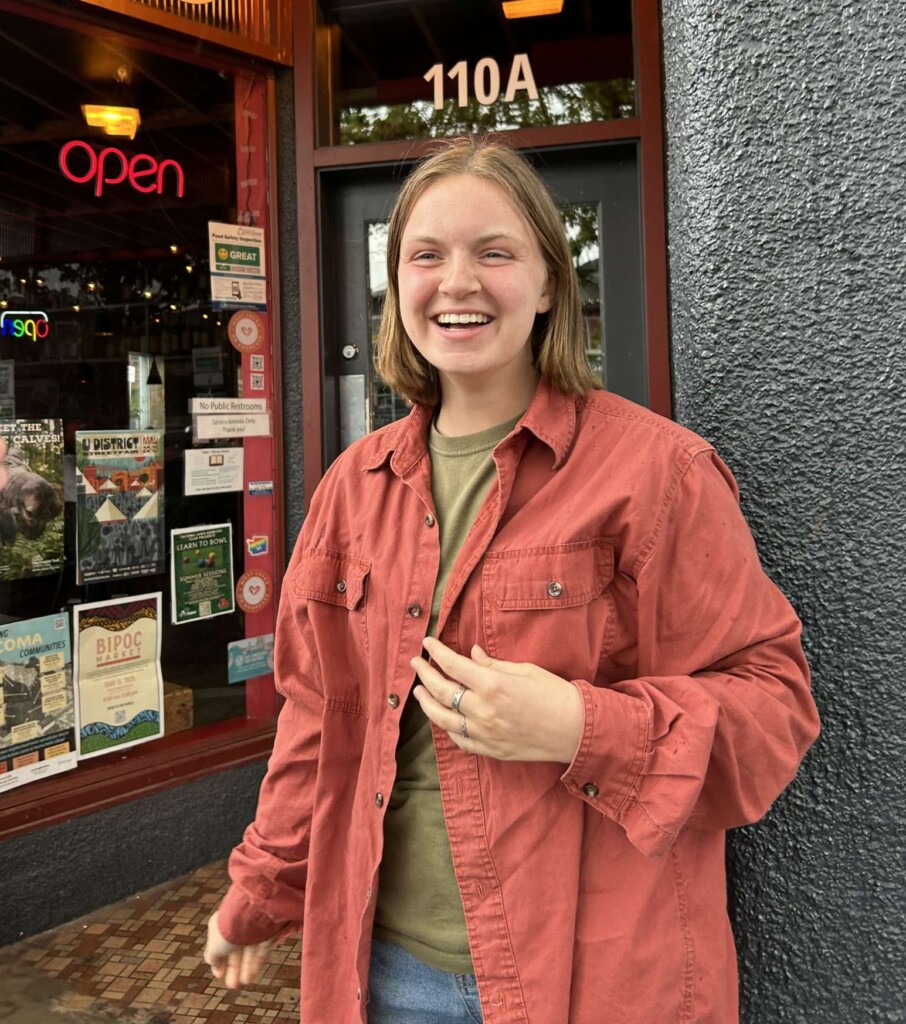
5:45-6:15 pm - Sofía Navarro
“A Girl Who Looks Like Me”: Fat Chance, Charlie Vega y el impacto de las historias de iniciación en adolescentes gordas y latinas /
“A Girl Who Looks Like Me”: Fat Chance, Charlie Vega and the Impact of Coming of Age Stories for Fat Latina Adolescents
